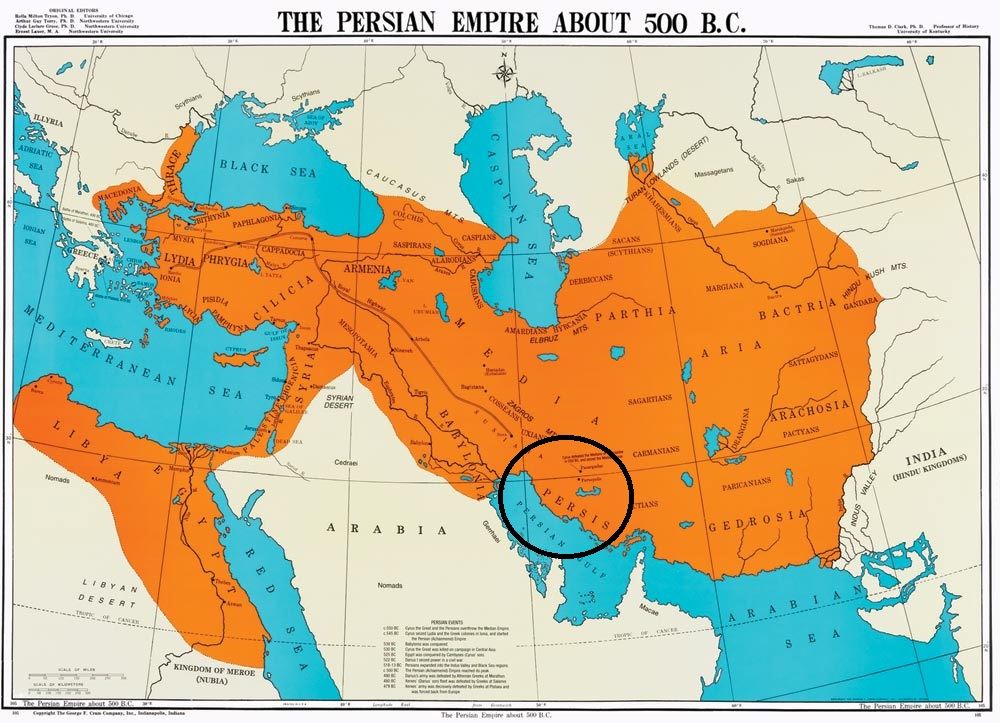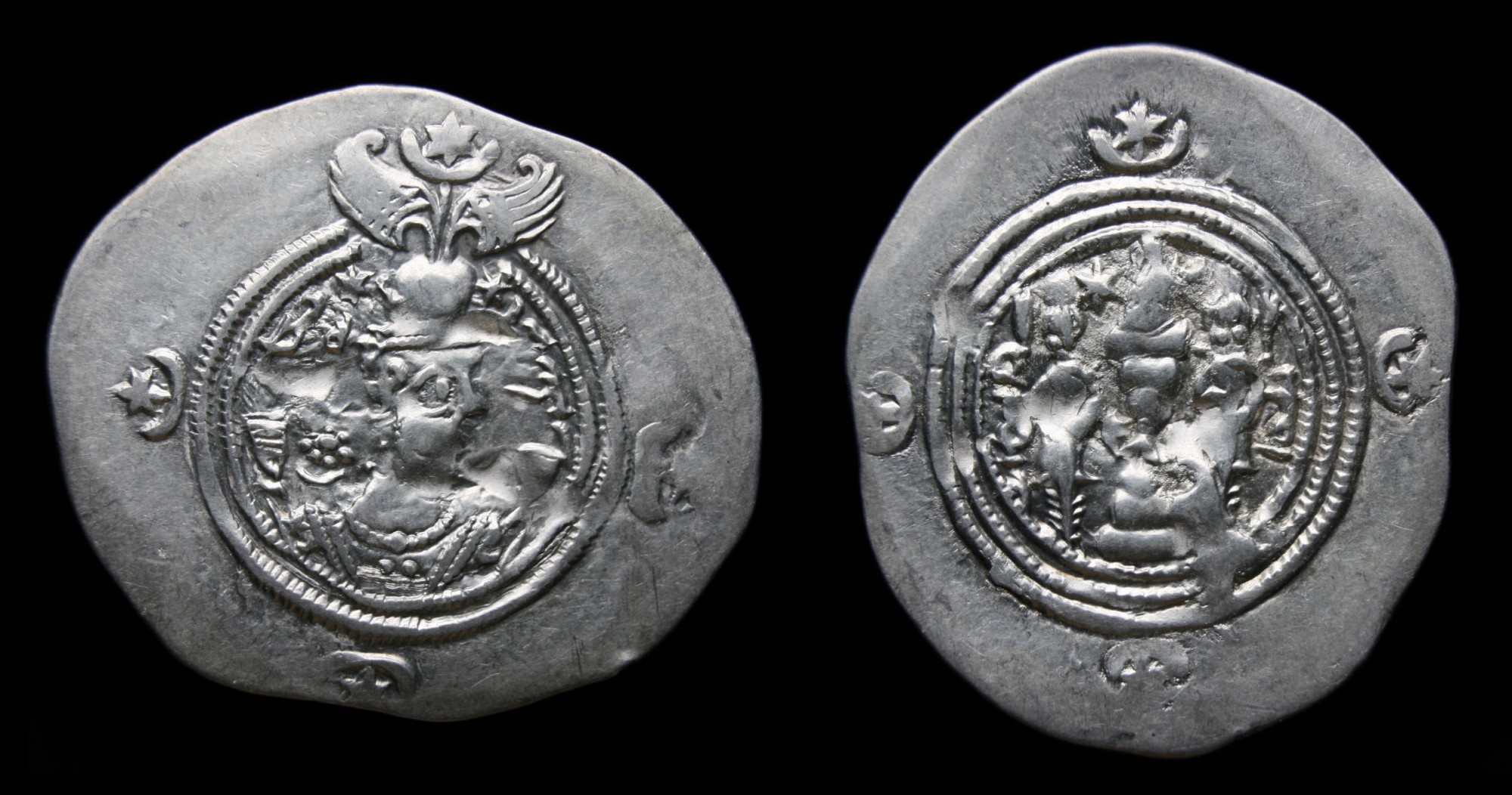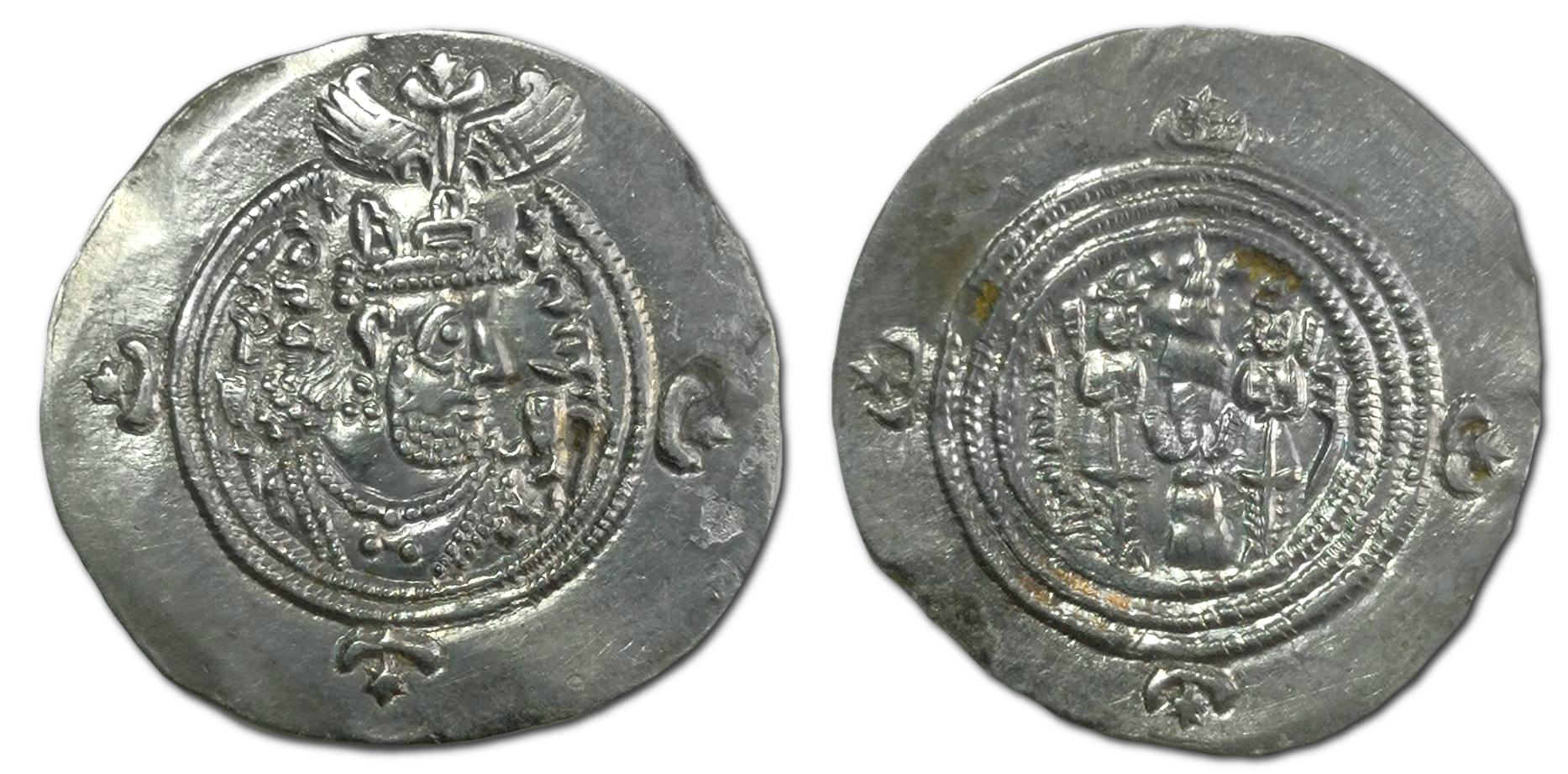Persis was originally a name of a region near the Zagros mountains at Lake Urmia. The country name Persia was derived directly from the Old Persian Parsa. Over time, the area of settlement shifted to the southwest of modern Iran.
The inhabitants of Persis were considered to be the rulers of the Achaemenian Empire and were exempt from taxation. As the homeland of the Achaemenian dynasty, Persis was closely associated with the monarchy. Cyrus built his capital at Pasargadae, and about 30 miles (48 km) to the southwest Darius I founded his new capital of Parsa, known to the Greeks as Persepolis (“Persian City”).
The history of Persis after the fall of the Achaemenian Empire in 330 BC is obscure. Lying apart from the main strategic and economic highways of Iran, it preserved its ancient culture, language, and religion under the Seleucids and enjoyed considerable autonomy during the Parthian period.
The inhabitants of Persis were considered to be the rulers of the Achaemenian Empire and were exempt from taxation. As the homeland of the Achaemenian dynasty, Persis was closely associated with the monarchy. Cyrus built his capital at Pasargadae, and about 30 miles (48 km) to the southwest Darius I founded his new capital of Parsa, known to the Greeks as Persepolis (“Persian City”).
The history of Persis after the fall of the Achaemenian Empire in 330 BC is obscure. Lying apart from the main strategic and economic highways of Iran, it preserved its ancient culture, language, and religion under the Seleucids and enjoyed considerable autonomy during the Parthian period.

(1)
Ardakhshir II
.jpg)
An
AR
Obol
struck 50-1 BC
in
Persepolis
Obverse: bust left, wearing diadem and Persepolitan crown with stepped battlements
Reverse: king standing left, holding sceptre; lit altar to left
Diameter:
10.5 mm
Die Orientation: -
Weight: 0.7 g
Die Orientation: -
Weight: 0.7 g
Persis under Parthians
Alram 577
(2)
Khosrow II

Obverse: Crowned bust right.
Reverse: Fire altar and attendants.
Diameter:
34 mm
Die Orientation: 0 H
Weight: 4.04 g
Die Orientation: 0 H
Weight: 4.04 g
No notes for this coin
No references provided for this coin
(3)
Khosrow II

Obverse: Bearded bust right wearing winged crown surmounted by star in crescent
Reverse: Zoroastrian fire altar; on either side of altar, attendant facing
Diameter:
-
Die Orientation: -
Weight: 4.02 g
Die Orientation: -
Weight: 4.02 g
No notes for this coin
No references provided for this coin
